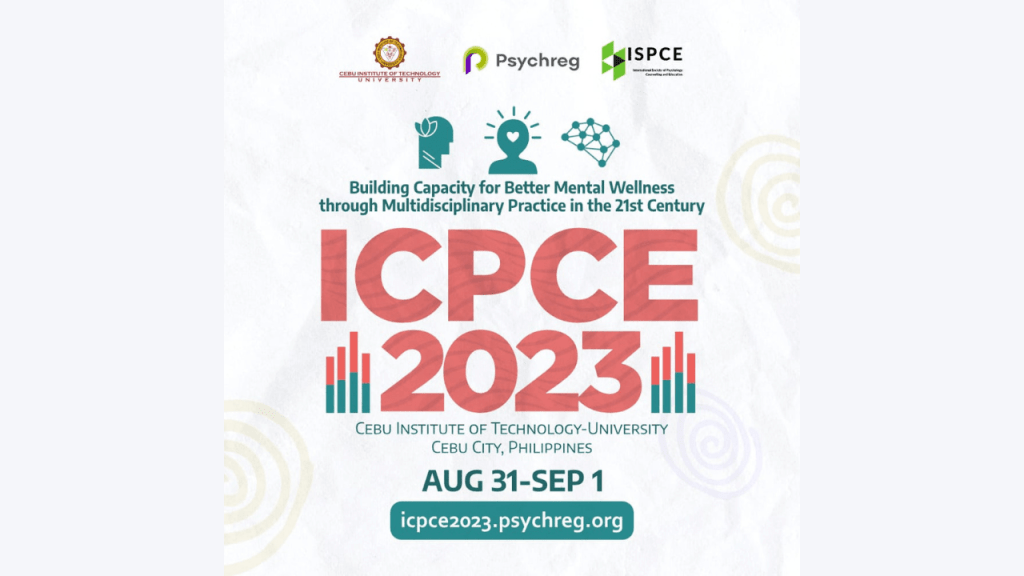Funded by the Institute of Mental Health (IMH), the Nottingham People’s Choir was formed in 2013 as an initiative to promote mental health. It is not a condition of Choir membership that people have used mental health services, yet recruitment of members takes place within a local NHS mental health trust.
The group, located in Nottingham, is facilitated by a professional choir leader, who is experienced in working with people with mental health problems, with the support of a mental health nurse.
The Choir meets weekly during school term-times; it meets during the day time as there are a number of community choirs meeting locally in the evenings. It was thought that meeting during the day would enable people who do not work to attend and during school term-time would enable parents to attend.
The venue is provided pro bono by the Nottingham Royal Concert Hall in the city centre by an arrangement with the local authority. The Choir has a steering group that comprises mainly Choir members with representatives from the local authority, the venue, the IMH, and the local NHS trust.
Participation in arts-based community activities has been reported to improve health and well-being for the past 30 years. There is a growing body of evidence to support community singing for health and well-being outcomes. In an international study, researchers report that from a sample of 1,124 choral singers, the majority claimed positive psychological benefits.
We conducted a qualitative study of 10 Choir members and it became clear that participation in the Choir has a significant effect on the health and well-being of the individuals. Each participant described many positive experiences from their attendance. These were classified into five themes which are: social benefits, health benefits, accomplishments, personal benefits, and enjoyment.
- ‘There’s honesty and openness I think because you’re all in the same boat in a way. We’re quite supportive of each other and share difficulties.’ – Maria
- ‘It’s a big distraction because you can be focused … improving your concentration and your memory about what you’ve learned.’ – Violet
- ‘In some ways, I treat the choir, even though it’s not part of recovery college, I would treat it as another class because it does give you hope and opportunity.’ – Duncan
- ‘We’ve sung in different venues and they’re probably places that I couldn’t have ventured out into before that. I suppose in an evening as well, so that gave me more confidence to push myself.’ – Isaac
- ‘It’s a bit like taking medicine I suppose. Yeah, it’s definitely got that feel-good factor. You just feel uplifted. It doesn’t matter what you’ve sung. It’s just that process of singing.’ – Isaac
- I think it’s been really beneficial for me in so many ways. I mean I’ve been here and I’ve felt quite ill; I’ve had occasions where I’ve not been too well but I still keep coming but it always lifts me.’ – Maria
- ‘Well it’s been a total joy, it’s a fun thing, and friendly. Very, very friendly. I just enjoy it immensely … It’s just what I needed.’ – Paula
- ‘I moved heaven and earth to get here with my mum because it’s such a life-enhancing experience, especially for her. To be honest, if it was at two o’clock in the morning, I’ll make an effort to come.’ – Sadie
Participants reported improvements in social experiences, health benefits, accomplishments, personal benefits, and increased joy in their lives.
Participants have expressed how the Choir has made significant improvements in their mental health, physical health, and well-being and has helped some members recover from being in ‘dark places’.
Given the extremely low cost of running a choir such as this, it makes the potential to set up such an enterprise easily achievable within either statutory health or social care or in the voluntary sector.
Theodore Stickley is the academic lead for Public Engagement and associate professor of mental health at the Faculty of Medicine and Health Sciences at the University of Nottingham.




























